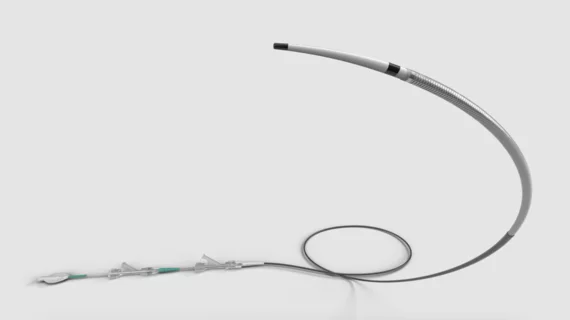Stroke specialists raise another $50M thanks to late investment from Novo Holdings
Route 92 Medical, a California-based medical device company focused on neurovascular care, has raised approximately $50 million more in a Series F financing round than it had originally believed. When the funding round was first announced in November 2023, Route 92 said it had raised more than $31 million; the updated total is approximately $82 million.
Novo Holdings, the controlling shareholder of international healthcare company Novo Nordisk, provided the additional funds. As a result of this investment, Noel Jee, PhD, a partner with Novo Holdings US, officially joined the Route 92 Board of Directors.
Novo Holdings joins returning investors U.S. Venture Partners, Norwest Venture Partners, InnovaHealth Partners and The Vertical Group in the funding round.
Route 92 plans on using the new funds to ramp up commercialization for its neurovascular portfolio—including the FreeClimb 70 reperfusion system—and seek new regulatory approvals.
“Our company is focused on improving outcomes for patients suffering from acute ischemic stroke, and we are continuing to build our industry-leading commercial and support teams to bring our Tenzing, FreeClimb, HiPoint, and Monopoint products to the market,” Tony Chou, CEO and founder of Route 92 Medical, said in a statement. “Novo Holdings’ investment validates our clinical and commercial performance and will help us better serve patients and our interventionalist customers.”
“Stroke is an acute event and the difference between life and death is often determined by ease of access and rapid removal of the entire clot,” added Jee. “Route 92 Medical’s reperfusion systems provide practice-changing, much-needed innovation for clinicians and patients.”
Novo Holdings has been investing heavily in the cardiovascular space in recent months. Back in July, for example, the company led a funding round worth $105 million for Magenta Medical, an Israeli company working on what it believes to be the “world’s smallest heart pump.”

